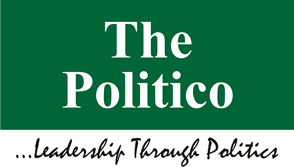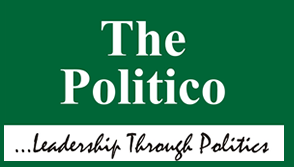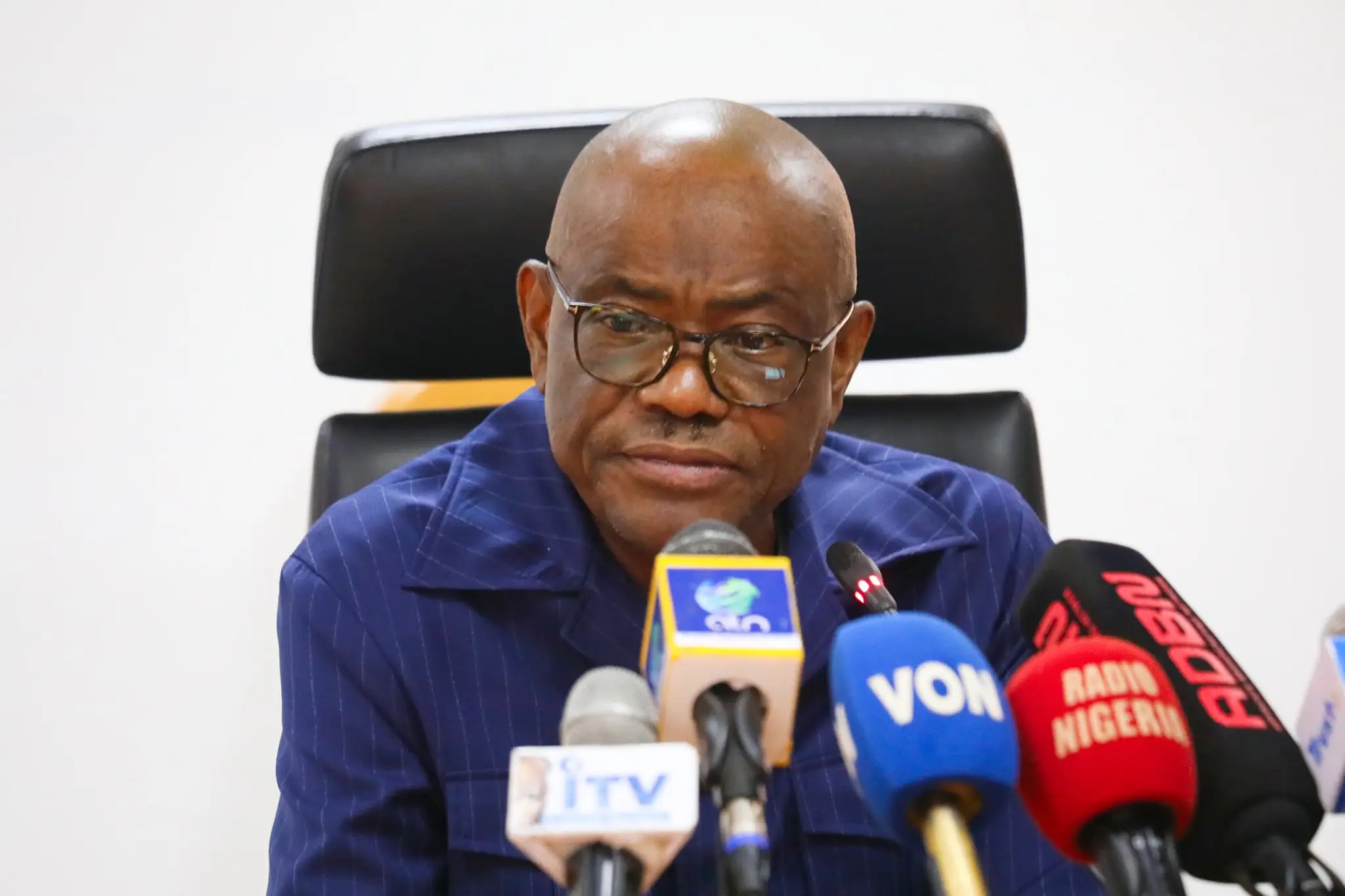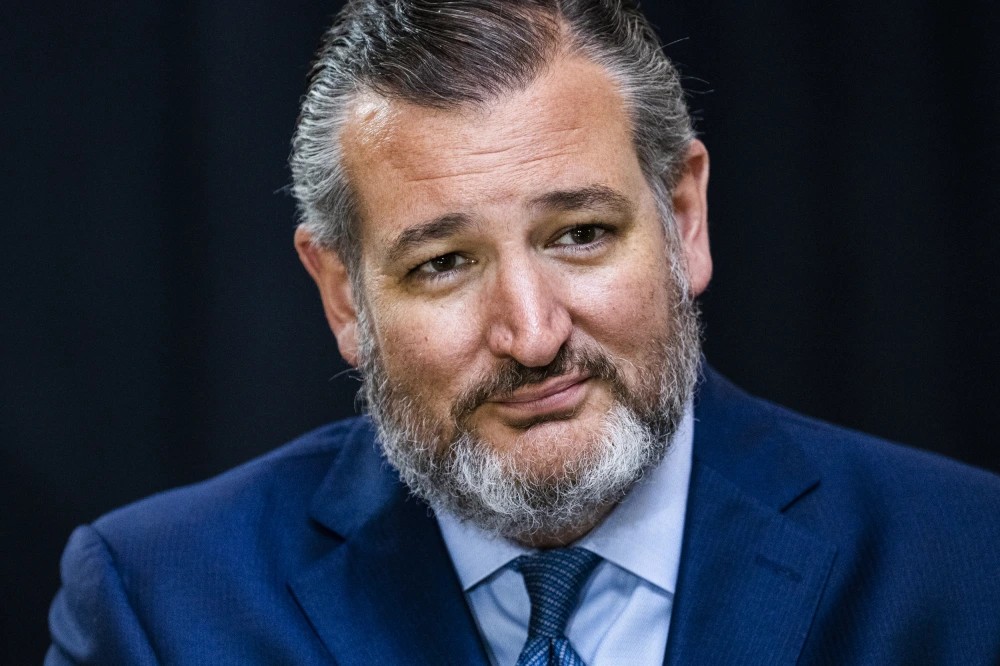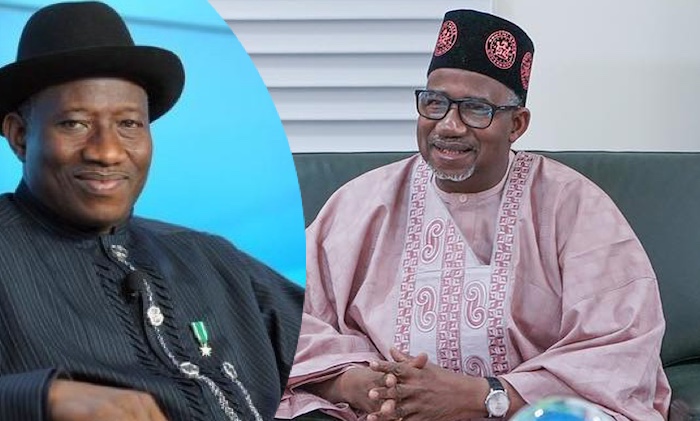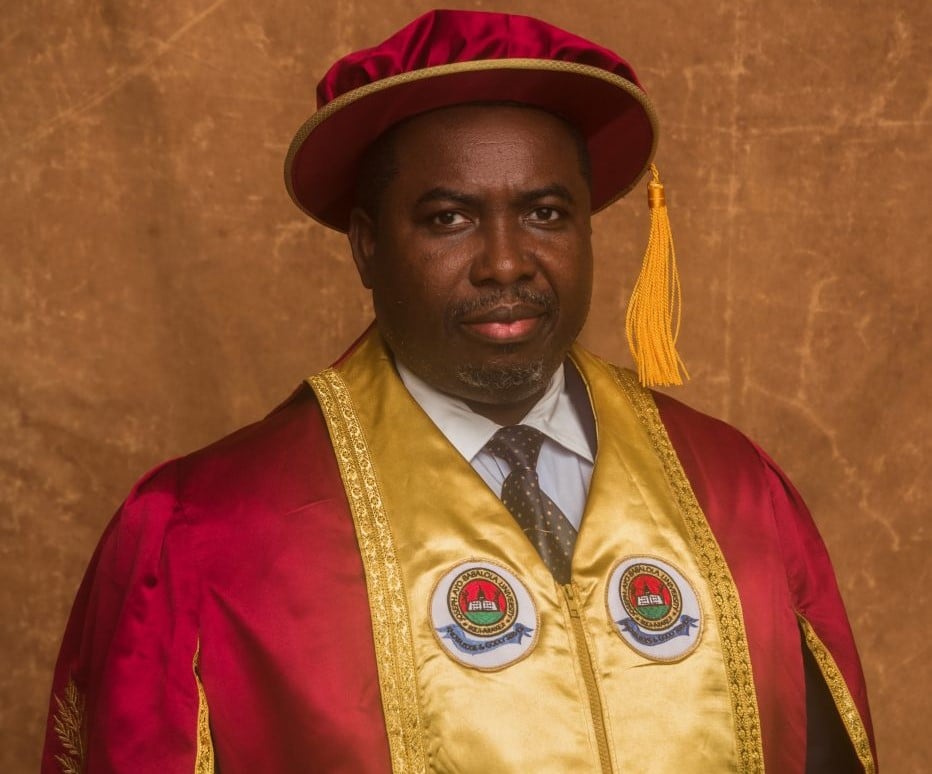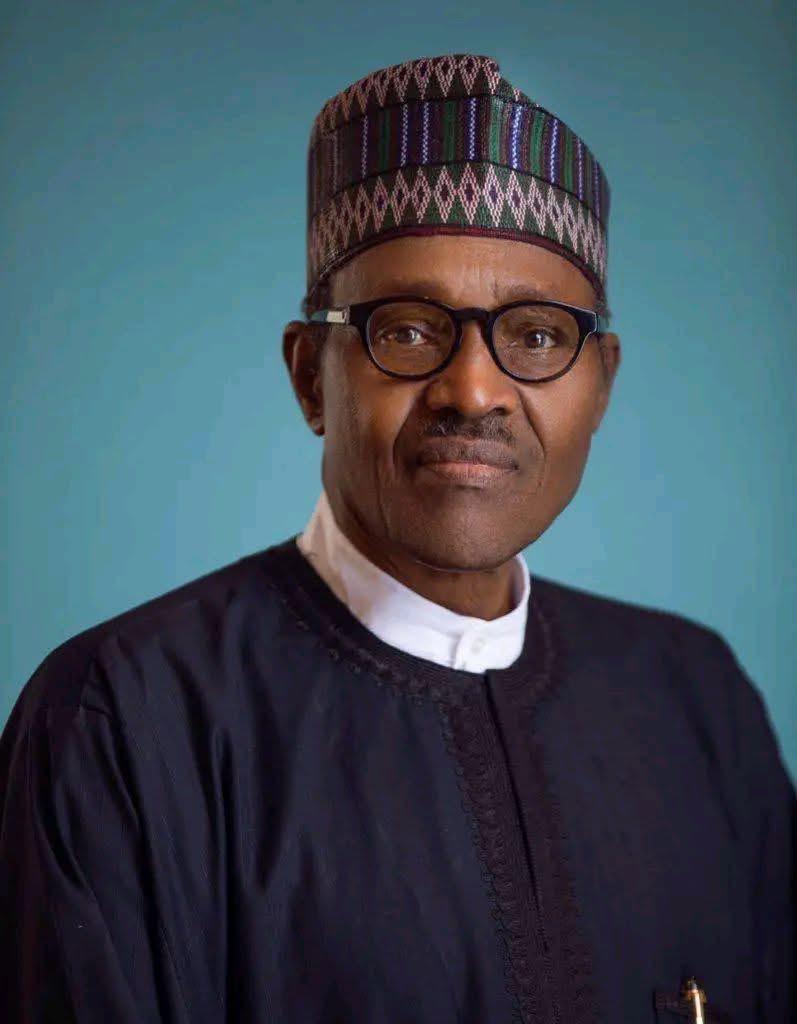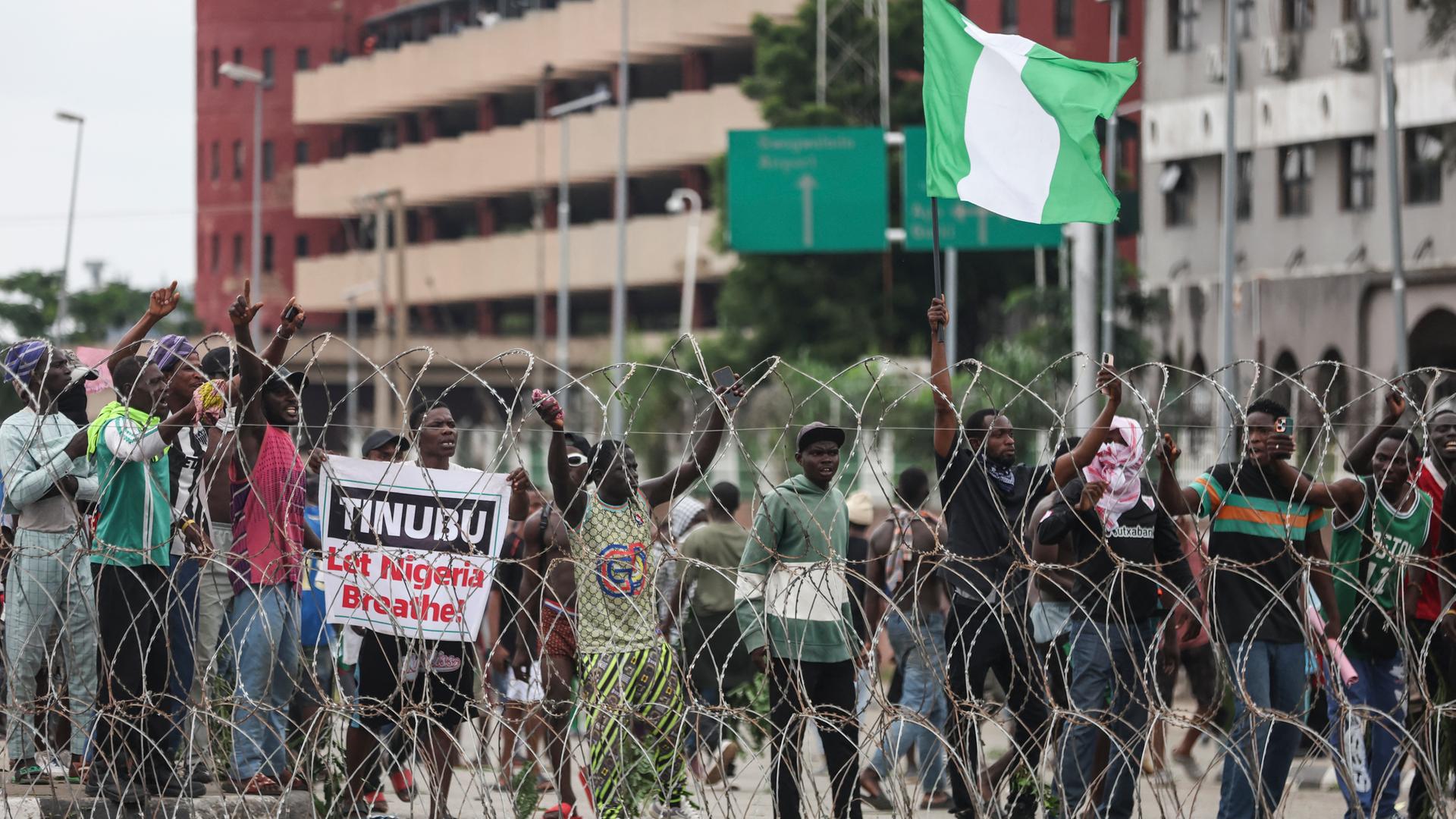It was in one of my courses in the master’s degree in journalism program titled: “Media, Democracy and Development,” at Harvard, that I learned that the media significantly influences political communication by media framing and dissemination of narratives concerning key actors and their activities.
It is in this context that I have fathomed how the Federal Capital Territory (FCT) Minister, Barrister Nyesom Wike, has played a central role in both national and party politics, attracting considerable media scrutiny. I examine here, the relationship between media coverage, Wike’s public statements, and intra-party dynamics within the People’s Democratic Party (PDP), evaluating how media support may affect public perceptions and impact the evolving prospects of the party.
Wike’s tenure as FCT Minister and his previous role as Governor of Rivers State – including his role under the G-5 during the 2023 presidential electioneering period — have been consistently covered by both traditional and digital media outlets. His outspoken style, willingness to challenge adversaries, and assertive policy positions often command headlines. In many cases, the media’s choice to spotlight Wike’s remarks—especially those critical of political opponents or party rivals—has the effect of increasing their reach and impact.
The media, functioning as both mirror and megaphone in the political landscape, reflects ongoing power struggles and public sentiments, while also amplifying particular voices and narratives. In our media environment, editorial slants, ownership interests, the brown envelop factor, and audience preferences frequently shape how politicians are portrayed. As a result, politicians like Wike can benefit from sustained media focus, especially when their statements or actions generate controversy or public debate.
Some media platforms frame Wike’s rhetoric as candid and refreshing, positioning him as a political figure willing to speak uncomfortable truths. Others highlight the divisive or confrontational aspects of his communication, sometimes portraying him as a destabilizing force within the PDP. This duality creates a complex media environment in which narratives about Wike can serve both to bolster his profile and to exacerbate tensions within his party.
Supportive media coverage can inadvertently validate disparaging remarks or aggressive criticism directed at political adversaries. When platforms, particularly those in bed with the ruling All Progressives Congress (APC), provide extensive airtime to statements that undermine opposition party unity or target specific individuals, the result may be an erosion of internal cohesion. In the case of the PDP, frequent media reporting on internal disagreements—particularly those involving high-profile figures like Wike — can contribute to perceptions of division and crisis, regardless of the underlying realities.
The power of amplification means that even relatively minor disputes can be magnified into significant narratives. Media commentators, talk shows — especially in the media stable favorable to the APC –, and social media influencers often seize on provocative statements, retelling and reframing them for wider audiences. This recursive cycle can shift public attention away from policy debates and toward personality clashes or party infighting.
Like many large political organizations, the PDP experiences internal dissent and competition for influence. Nevertheless, persistent media focus on internal conflicts or negative statements by party leaders can negatively impact morale, discourage grassroots engagement, and diminish voter confidence. In a period of ongoing political realignment, such coverage may exacerbate divisions within the party and increase the risk of defections or the emergence of factions.
It is essential to acknowledge that the media is not the sole factor influencing the trajectory of political parties. The decisions and strategies adopted by party leadership, the participation of members at all levels, and wider sociopolitical dynamics also have significant impacts. However, persistent negative media attention — particularly when prominent individuals or political organizations are involved –can introduce additional challenges in restoring public confidence and demonstrating party cohesion.
Within this context, the interplay among the media, Wike’s public image, and the stability of the PDP demonstrates the significant role of narrative framing and amplification within political discourse. Media involvement, whether deliberate or incidental, has the capacity to shape public opinion, intensify internal conflicts, and affect the prospects of political parties. A comprehensive understanding of these factors is crucial for both political stakeholders and the general public, underscoring the importance of objective reporting and thoughtful engagement with substantive issues instead of focusing on individual personalities.
